
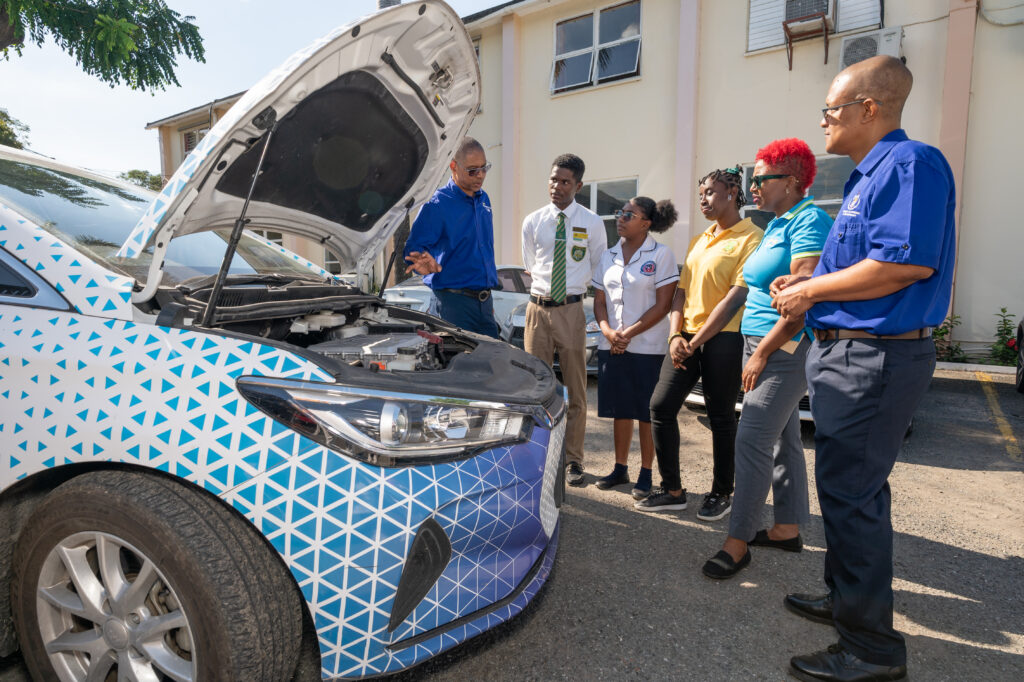
Local electricity distributor Jamaica Public Service Company Limited (JPS) is preparing to bring more electric vehicle (EV) charging stations on stream in 2025.
While telling the motoring public to expect more EV charging stations this year, JPS Business Development Manager Richard Gordon disclosed the additional installation are part of the light company’s buildout of its Charge ‘n Go EV network.
“We currently have 37 plugs across 17 locations… for this year, [so] the plan is for at least six new fast-charging stations across the island,” the senior JPS executive divulged.
“We haven’t finalised all the locations yet, but [will do so] within the next month or two. They will be basically to support moving around the island to fill some of the areas we currently need to have additional infrastructure,” he added.
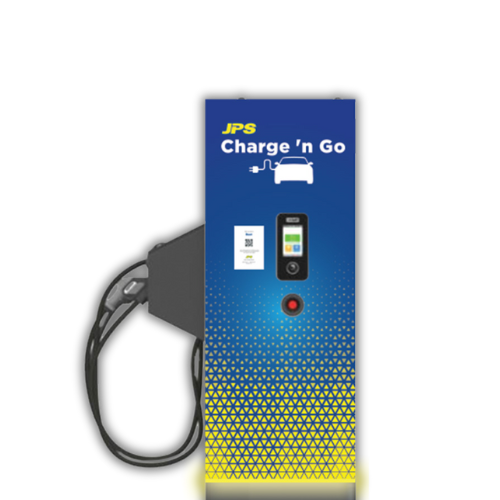
In his assessment of the company’s Charge ‘n Go expansion — which launched in May 2021 with the commissioning of the very first EV station in Jamaica at Boot Gas Station in Drax Hall, St Ann — Gordon gave positive feedback.
“It has been going along good. Every month, we are seeing growth in terms of the usage of the network, year-over-year, it’s in the region of 400 per cent,” he shared.
“[A lot] of the electric vehicle sales happen towards the end of the year into January, that’s usually when you see the greatest growth. At this stage of the development… we are building more charging stations to meet that demand before it arrives,” Gordon, who is also project manager for the JPS EV charging infrastructure, explained.
Supporting STEM education
Gordon made the disclosure on Wednesday, January 8, 2025, following his presentation on electric mobility and decarbonisation to sixth-form high school students attending CAPE/ Science, Technology, Engineering and Mathematics (STEM) workshops facilitated by the JPS Foundation in partnership with The University of the West Indies, Mona. The foundation signed a $16-million, five-year memorandum of understanding in 2023 with UWI.
JPS Foundation provides support to annual workshops, which commenced with the first cohort of students last year, for students preparing to sit STEM CAPE subjects in Biology, Chemistry, Physics, Computer Science, Geography and Math.

The JPS senior executive said he was pleased with the level of interest demonstrated by the students who paid rapt attention to his overview of the island’s EV network and the Government’s National Electric Policy.
“The questions that we got were good…Some of them really had a lot more knowledge. I was a bit surprised but you realise via the Internet, they are able to get access to a lot of information. They were able to ask in-depth questions,” he stated.
“It may have been new for some, but you find a general level of high interest in electric vehicles. They [the students] understand they are the future, and of course, they would want a cleaner climate to live with. Generally, you find the youth are receptive to electric vehicles,” Gordon said.
Meanwhile, Andre Coy, associate dean for external engagement at UWI’s Faculty of Science and Technology, lauded the university’s partnership with the JPS Foundation in assisting the next generation of STEM-aligned professionals being groomed for the future.
“[The partnership] is a meaningful, tangible expression of the foundation’s commitment to STEM education. The funding provided allows the UWI to keep the registration fee paid by students to a minimum ($1,500) less than a half of the true economic cost. This has the practical effect of making the workshop accessible to students who would ordinarily not be able to afford it,” he noted.
Coy explained that UWI provides academic support in the form of lectures and laboratory activities directly related to the CAPE curriculum’s STEM subjects.
“Students cover topics that have been shown to be problematic, as recorded in CXC examination reports. Many schools do not have lab equipment required to complete internal assessments, so the lab activities serve as an opportunity to complete these assessments. Additionally, the workshops provide an opportunity to experience the university environment, and to be exposed to the variety of options available for tertiary level education at the UWI,” the associate dean outlined.
The Faculty of Science and Technology offers 46 different undergraduate degrees available and 22 master’s degrees, including a number of energy-related degrees in areas such as renewable energy management, energy technology, and alternative energy.
GOJ’s transition to electric mobility
Commenting on the sitting Administration’s electric policy that was drafted in 2023, Gordon pointed to two main pillars.
“One is for there to be easy access for charging infrastructure to reduce the range anxiety. This allows persons in their decision-making to transition to electric vehicles more easily. Then, there are the public fleets – for the Government to transition its fleet to electric vehicles,” he noted.
“We provide some support by working with the Jamaica Urban Transit Company. We help them to analyse their data from their performance, and the total cost of operation of an electric vehicle to lower that cost.”
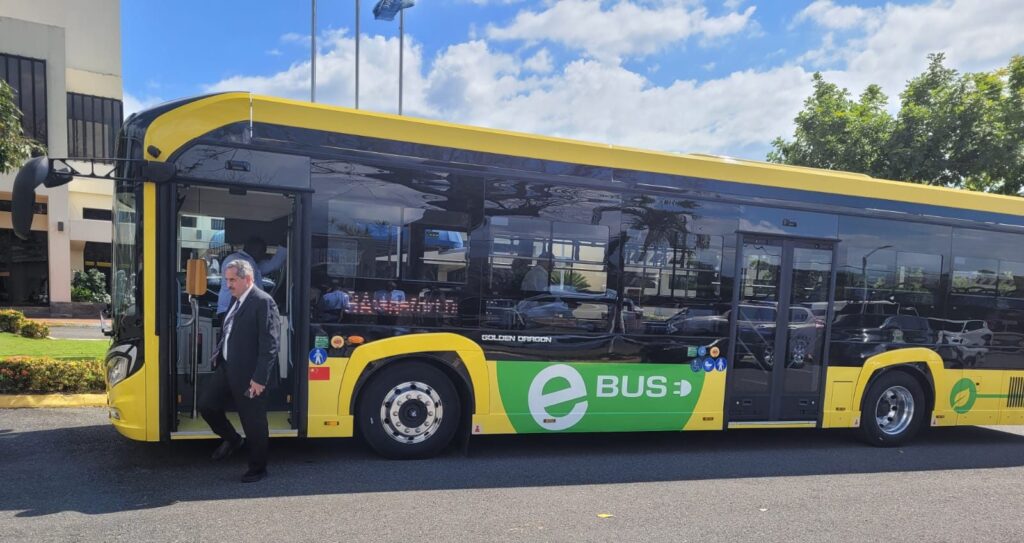
He also pointed to other aspects of the utility’s support for EV drivers since the company is actively engaging with property managers of multi-home dwellings such as apartment complexes to provide charging installations in their common areas. For EV drivers who use the JPS Charge N Go network, he encourages them to check the ChargeLab app to know which locations have adaptors readily available for use.

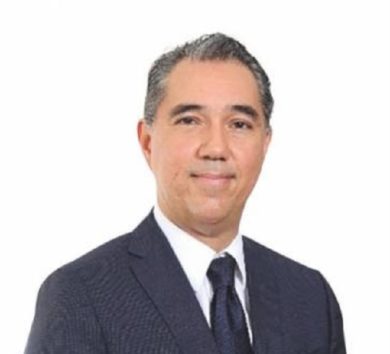

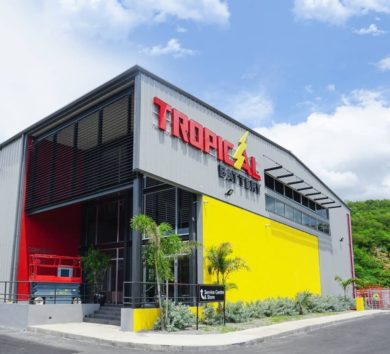

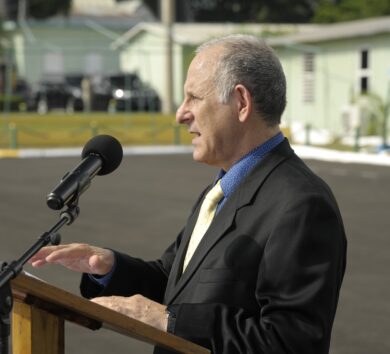
Comments